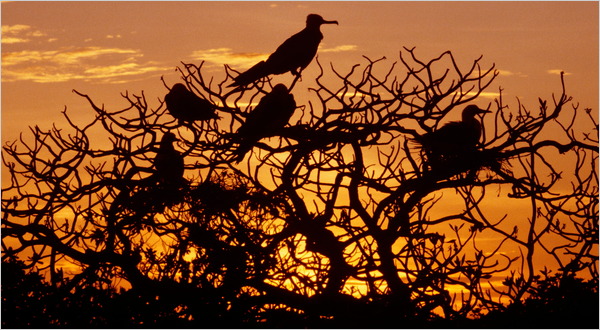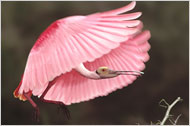Twenty years ago, Theodore Cross traveled 16 time zones, from New York to Moscow, Irkutsk and Yakutsk, and finally to the tundra of the Kolyma Delta, in northeastern Siberia, to catch a coveted glimpse of an Arctic bird, the Ross?s gull. Mr. Cross did spot one gull, but its nest was overtaken by a parasitic jaeger before he could return with his blind and his long telephoto lens. The trip was a failure.
Two weeks later, the unexpected happened: a Ross?s gull showed up in Baltimore. Thousands of birders converged on the spot for the rare sighting.
?They call it the bird that launched 20,000 binoculars,? Mr. Cross said.
His 344-page volume, ?Waterbirds? (W. W. Norton & Company), is part visual encyclopedia, part memoir of a nearly half-century pursuit of birds. In intimate portraits of birds, like tiny sandpipers and the ?flying boxcar? of a bar-tailed godwit, and in personal anecdotes of his birding adventures, Mr. Cross, 85, describes how he spent the first half of his life oblivious to birds only to become one of their most ardent photographers and advocates in the second half. Now, he writes, ?the memories of them help me accept the brevity of the time that lies ahead.?
Among his favorites are the roseate spoonbill, which was hunted to near extinction a century ago for pink plumes to adorn women?s hats, but has been making a comeback.
The red-tailed tropicbird of Christmas Island is known for its acrobatics. At midday Mr. Cross said, ?they take to the air and engage in unbelievable pirouettes, somersaults in a deafening clatter of noise.?
The bar-tailed godwit flies 6,800 miles each year from Alaska to New Zealand without food, water or rest in what Mr. Cross calls ?one of nature?s miracles.? And the semipalmated sandpiper, small enough to fit into a teacup, migrates between South America and the Arctic, ?through gales and hurricanes, over mountains and ocean.?
?Birds are very much like people in some ways,? Mr. Cross said. ?The reddish egret will pretend it?s leaving its nest, the way humans sometimes pretend they?ve lost interest in a boyfriend or girlfriend. But sure enough, they?re going to come back.?
The white tern is incredibly friendly. ?If you visit any island in the South Pacific,? he said, ?a dozen or more of these little guys will come out and greet you.?
Mr. Cross hopes someday to capture the perfect picture, which he describes as ?two reddish egrets in courtship with their fantastic feathers flared up and pointed to the sky.?
http://www.nytimes.com/2009/12/15/science/15bird.html?_r=1&ref=science


